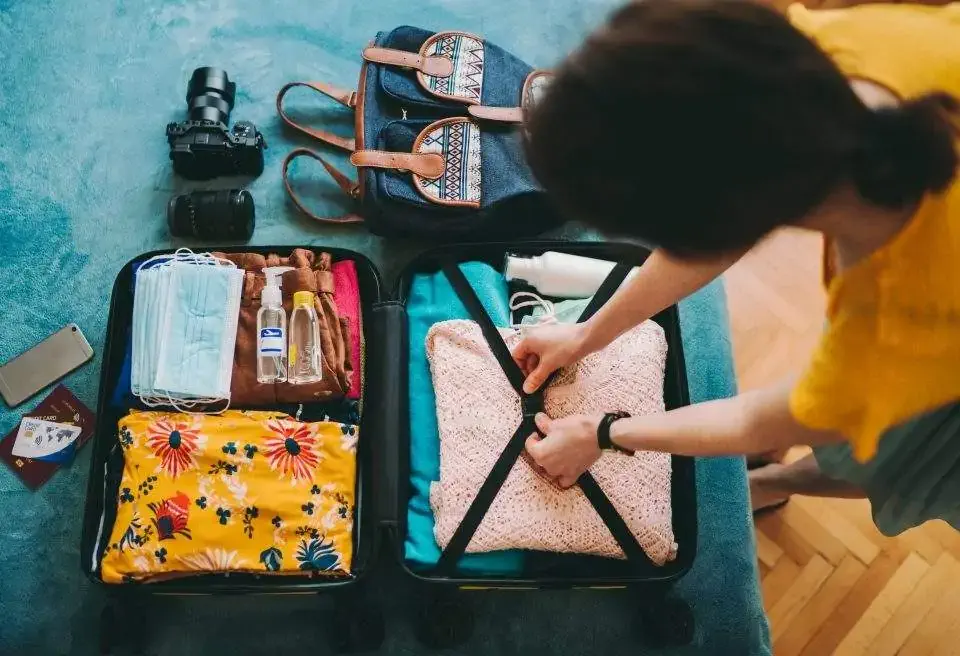After you’ve booked your flight, paid for your hotel room and reserved your spots on all the best tours in the city, you’re finally ready to take off on that long-awaited vacation!
Or are you?
Medical emergencies, theft or cancellations could not only ruin your vacation – they could leave you on the hook for the cost of your spoiled trip. Travel insurance is designed to help cover you financially in case an unfortunate situation arises, but do you really need a travel insurance policy? And will you really be covered?
Here are the basics to travel insurance:
What does travel insurance cover?
Typically, a travel insurance policy should cover trip cancellation, medical emergencies and evacuations, lost or delayed baggage and trip delays. The most important thing is to read the policy carefully before you buy to understand what it covers and, more importantly, what it does not cover.
What usually is not covered by travel insurance?
If you file a claim that relates to a pre-existing medical condition or are traveling for medical tourism, you’re likely to be denied any benefits. Alcohol- or drug-related losses are also a no-no. Conditions like bad weather (that’s been forecast or otherwise known), local protests or even acts of war are also not covered. And if you’re canceling your trip simply because you changed your mind or feel like you can no longer afford it, you won’t be eligible to file a claim (unless you purchase a policy that specifically lets you cancel for any reason).
What should I be looking for in a travel insurance policy?
Before you buy, find out what the limits are for reimbursement. If you need to cancel your flight or require medical attention, how much of the cost will the policy cover? Compare this to the cost of your flight or the average costs for medical treatment in your destination to make sure the policy is a good fit. If your bags are stolen or lost, what’s the limit for reimbursement? A $300 limit might sound good until you consider the cost of replacing the laptop, tablet and digital camera that were inside.
You’ll also want to be clear on exactly when your travel insurance coverage starts and ends. To help make sure the policy is worthwhile for you, ask for a list of what is excluded from your policy, such as bad weather or pre-existing conditions. Find out how long the company takes to reimburse on approved claims, so you have a better idea of how long you’ll be out the cost of your expenses. Also, ask if there is a 24-hour hotline available, in case you need help while on your trip. And most importantly, ask for the company’s license number; a legitimate travel insurance company will be licensed by the state.
Is it worthwhile to buy travel insurance?
Ultimately, it depends on the trip and what you stand to lose. If your upcoming trip includes a $300 flight to New York City, then it may not be worth your money to buy a policy. If you’re booking a non-refundable plane ticket for a two-week trip abroad that’s going to run about $1,500 in flights alone, that’s a different story. If it seems the cost of the policy is worth covering the cost of the trip, check with your issuing credit card company before you buy – in some cases, credit card companies will provide services like travel cancellation insurance, rental car damage insurance or reimbursement for lost bags.
(Main image: Mike Knell used under a Creative Commons Attribution-ShareAlike license)



